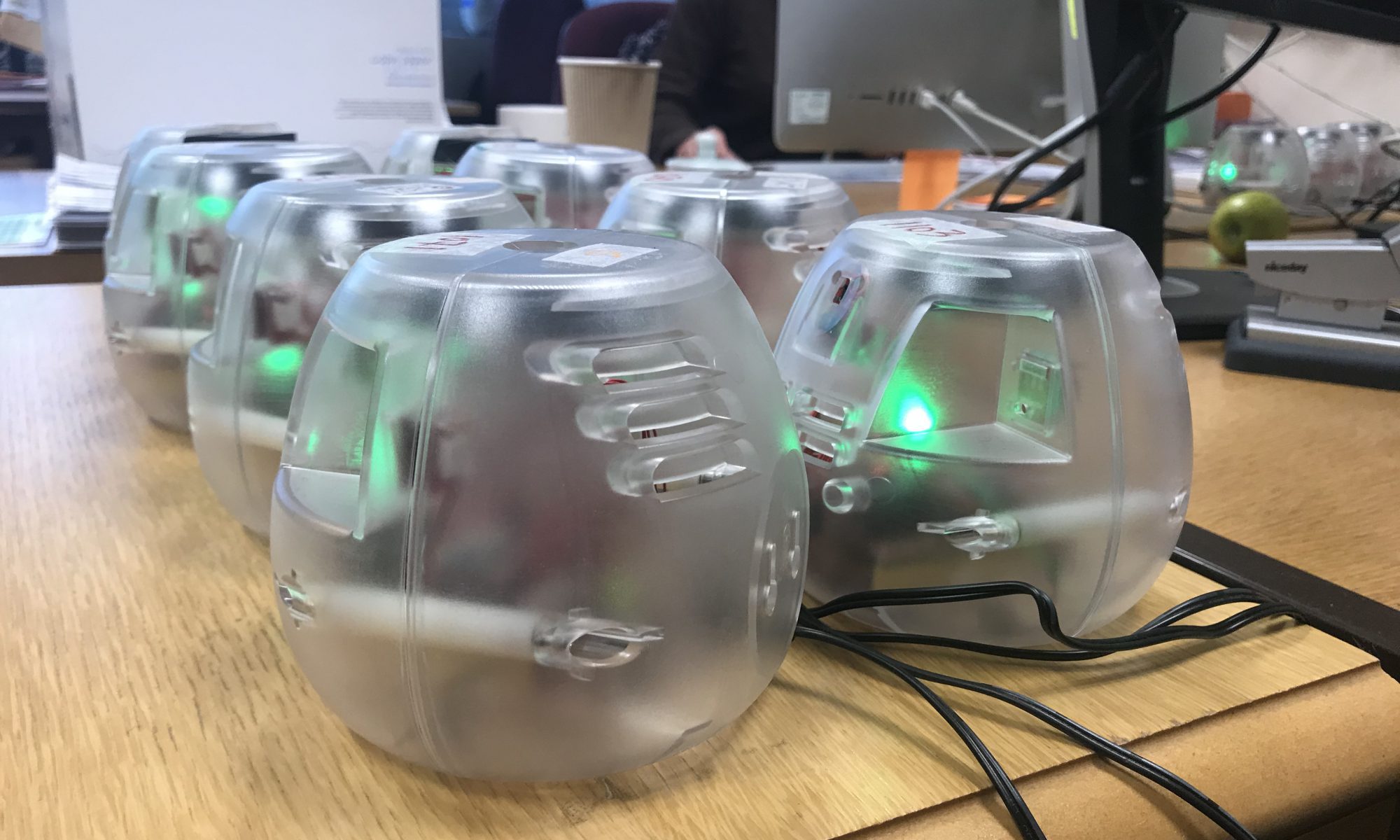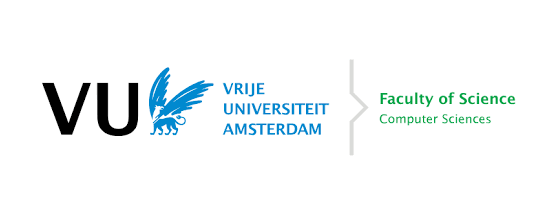Dr Jie Jiang is currently working as a visiting researcher with Dr Mark Hoogendoorn at the Computational Intelligence Group in the computer science department at the Vrije Universiteit Amsterdam.
Dr Hoogendoorn has extensive experience of working with sensor-generated data, with particular expertise in applying machine learning in the domains of eHealth and mHealth.
Jie is working with Mark’s group until mid-June, and will be researching machine learning methods for activity recognition, energy disaggregation and indoor localisation based on data collected from the HomeSense field trial.
Machine learning to improve accuracy
Mark recently published his book Machine Learning for the Quantified Self – On the Art of Learning from Sensory Data, describing effective use of self-tracking data for machine learning; from cleaning data, identification of features, finding data clusters, algorithms to create predictions of values, and providing effective feedback to users.
“Mark’s group has a long history of using machine learning methods for processing sensor-generated data”, said Jie from Amsterdam this morning.
“We have several problems we want to work on with our data on those three topics”, she added.
“Mark has expertise in the fundamental methods for solving these problems, which is why I’m visiting for advice and collaboration. We’re looking for improvements to do with accuracy, in terms of different evaluation metrics such as measured by precision, recall, mean square error, mean absolute error or aggregated error.”
We’ve collected a good amount of data and machine learning enables you to ‘learn’ features of data rather than hand-engineer them.”
“For example, features of electricity usage could be the total consumption for a day, mean or standard deviation of daily consumptions. The expectation is that neural networks can learn complex features that a human might not be able to notice. You can input data into this ‘black box’ and the network learns features that might be useful for different tasks, e.g., activity recognition (a classification problem), energy disaggregation (a regression problem).
Expected collaborative outputs
Jie’s knowledge and experience of sensor data collection and evaluation methods should, likewise, offer valuable input to ongoing research projects within Mark’s group.
For example, the E-COMPARED (FP7 Health project) is gathering data from cell-phones to analyse and then influence users’ behaviour. The project is currently looking at strategies to improve user experience and so to better solve users’ health-related issues. Another project is Machine Learning for Intensive Care, aiming to develop predictive models based on electronic medical records from the intensive care unit at the VU medical centre, using machine learning techniques.
Jie’s visit will result in conference and journal publications, and hopefully further research relating to the objectives of the HomeSense project.

